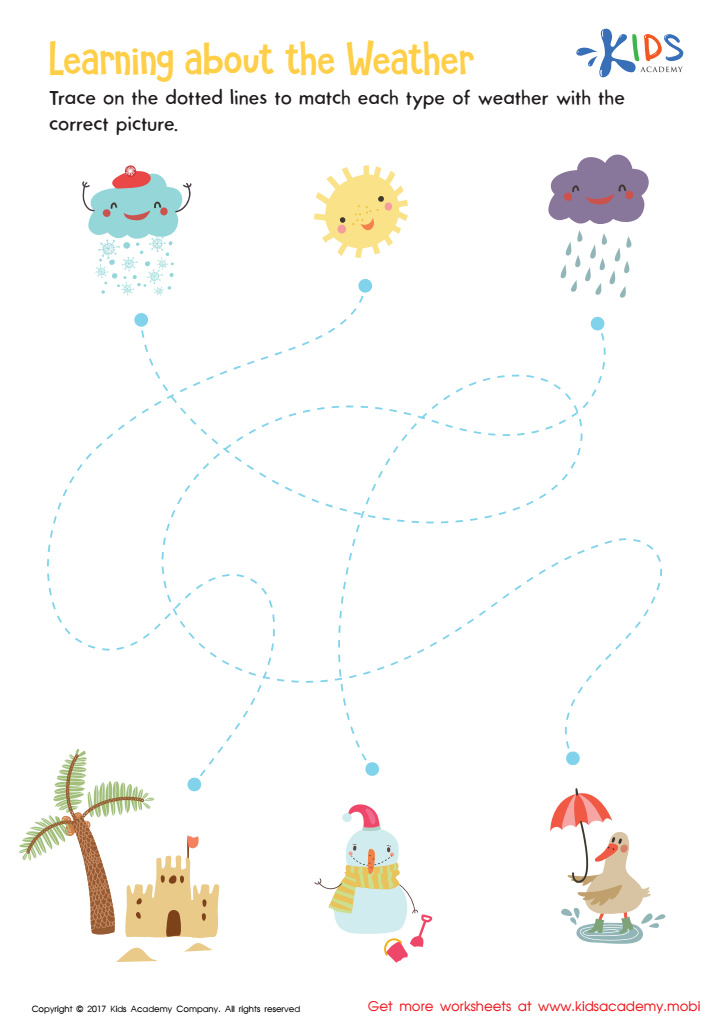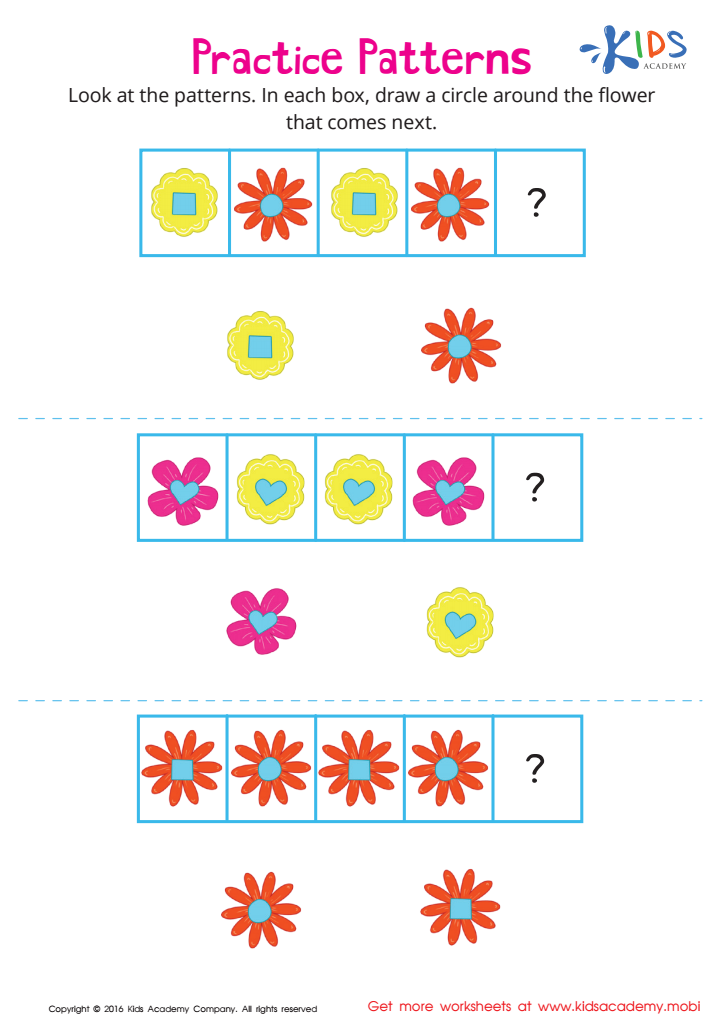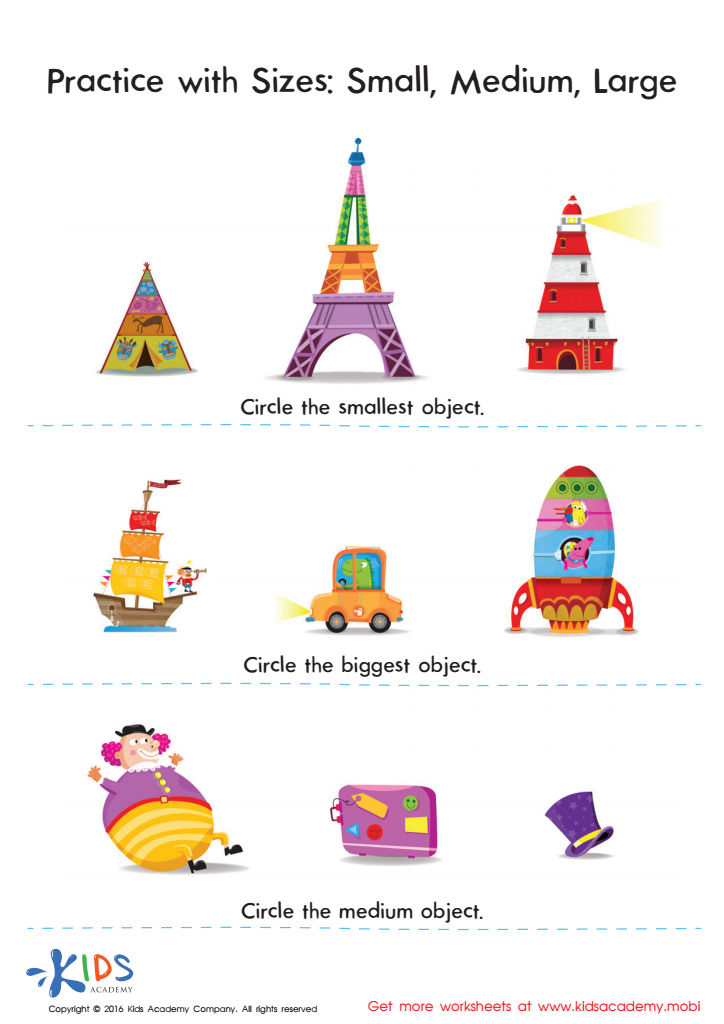Matching worksheets activities for Ages 6-9 - Page 3
62 filtered results
-
From - To
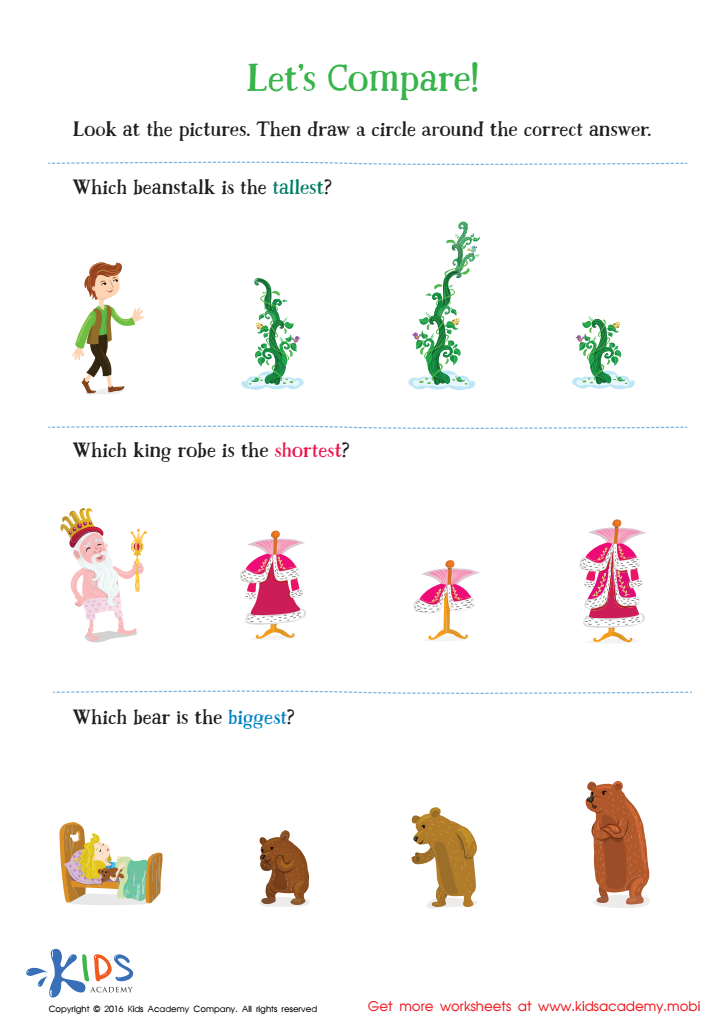

Fairy Tale Worksheet: Let's Compare
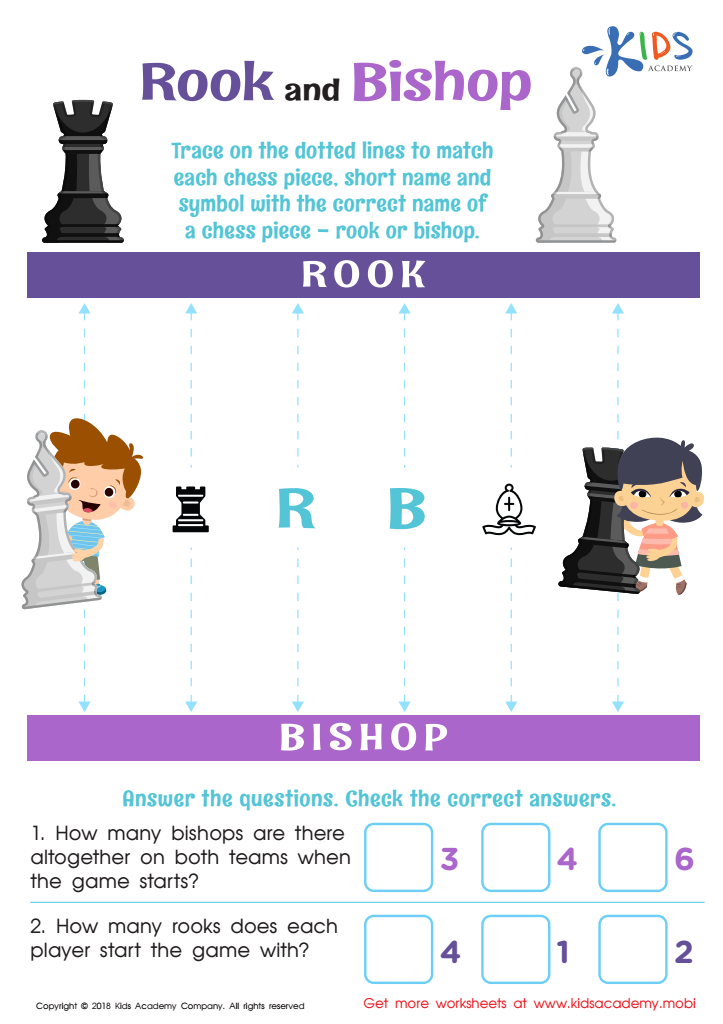

Rook and Bishop Worksheet
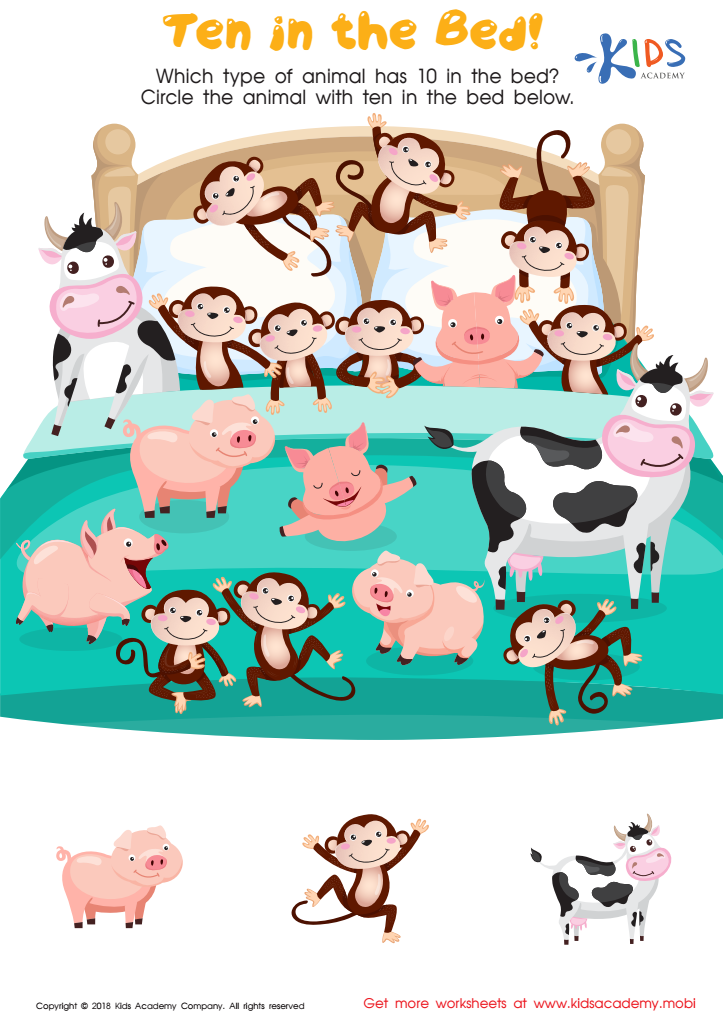

Ten in the Bed Worksheet
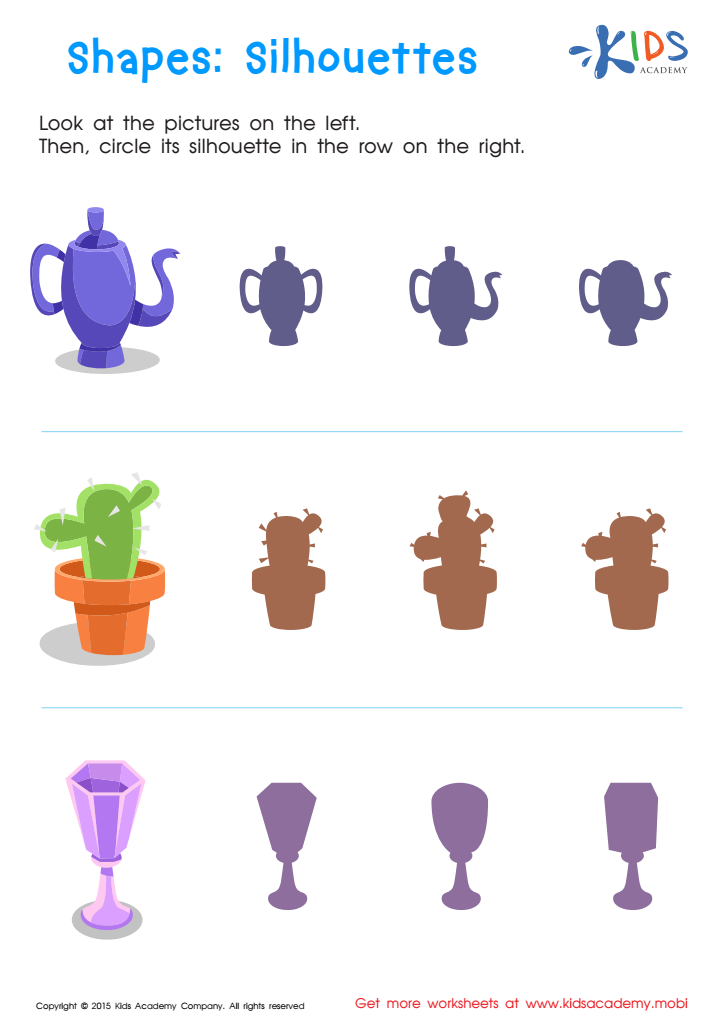

Silhouettes – Shapes Worksheet
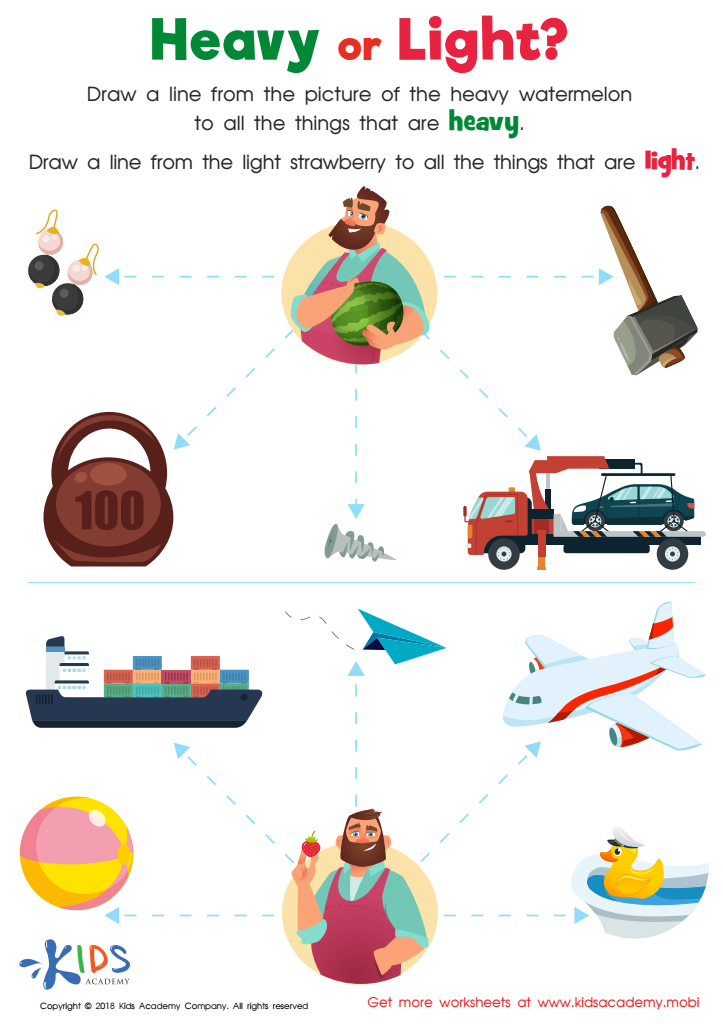

Heavy or Light? Worksheet
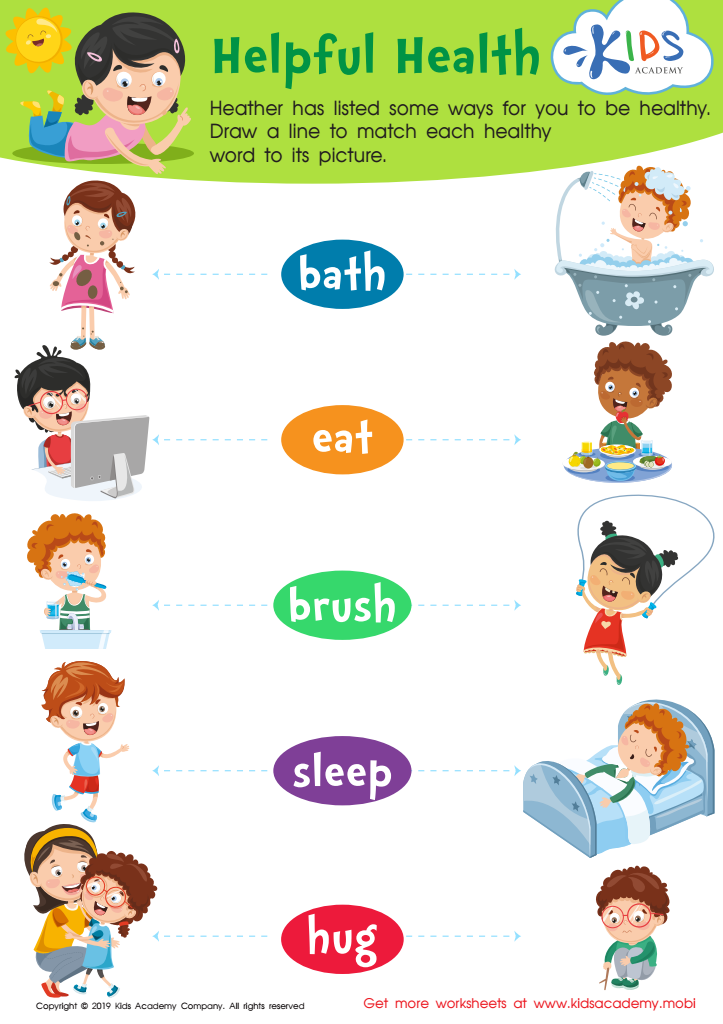

Helpful Health Worksheet
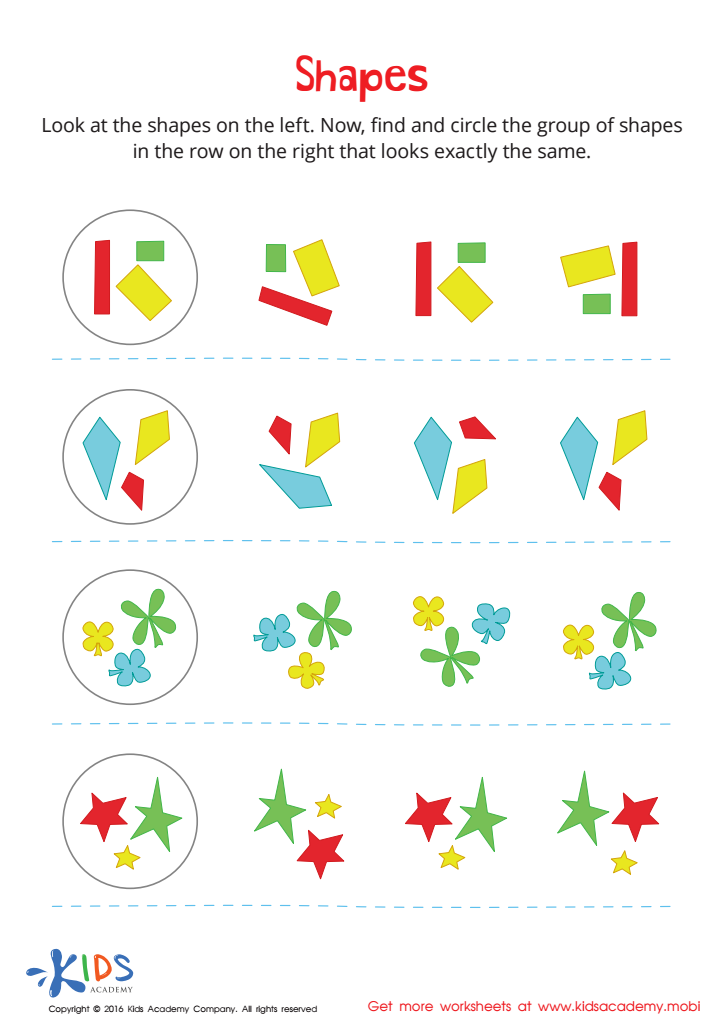

Shapes Worksheet
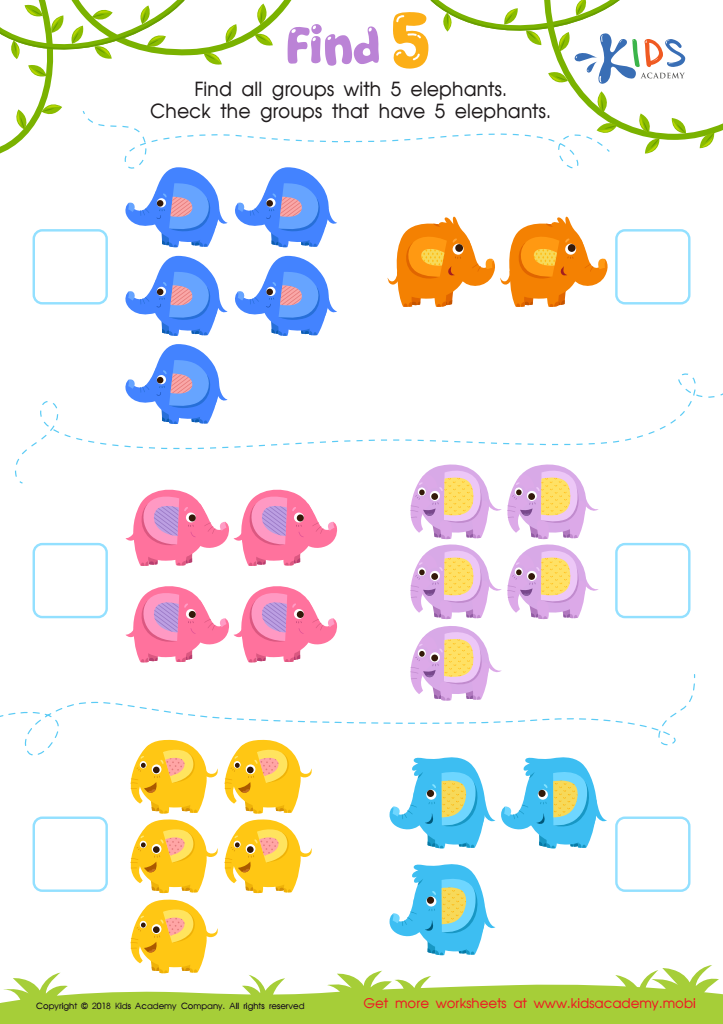

Find 5 Worksheet
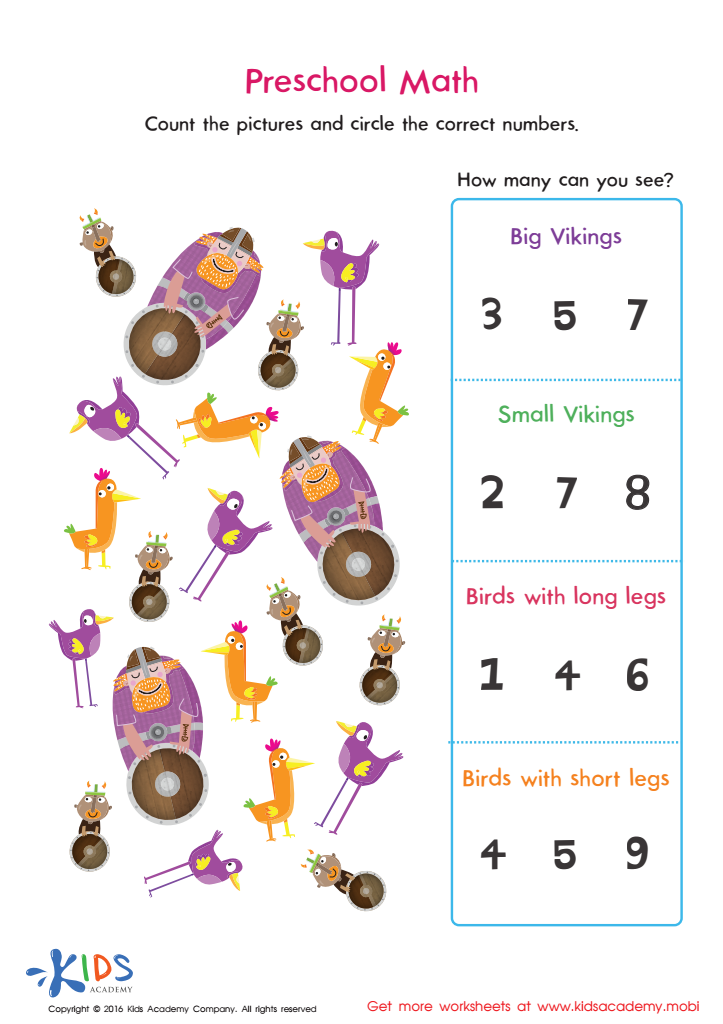

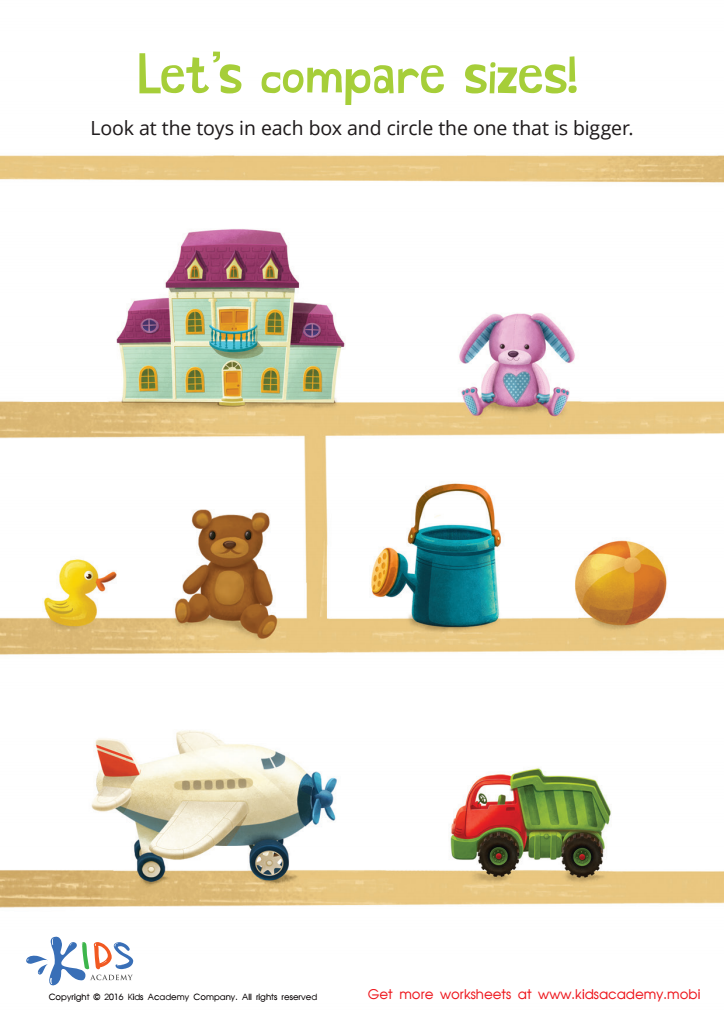

Classifying by Size Sorting Worksheet
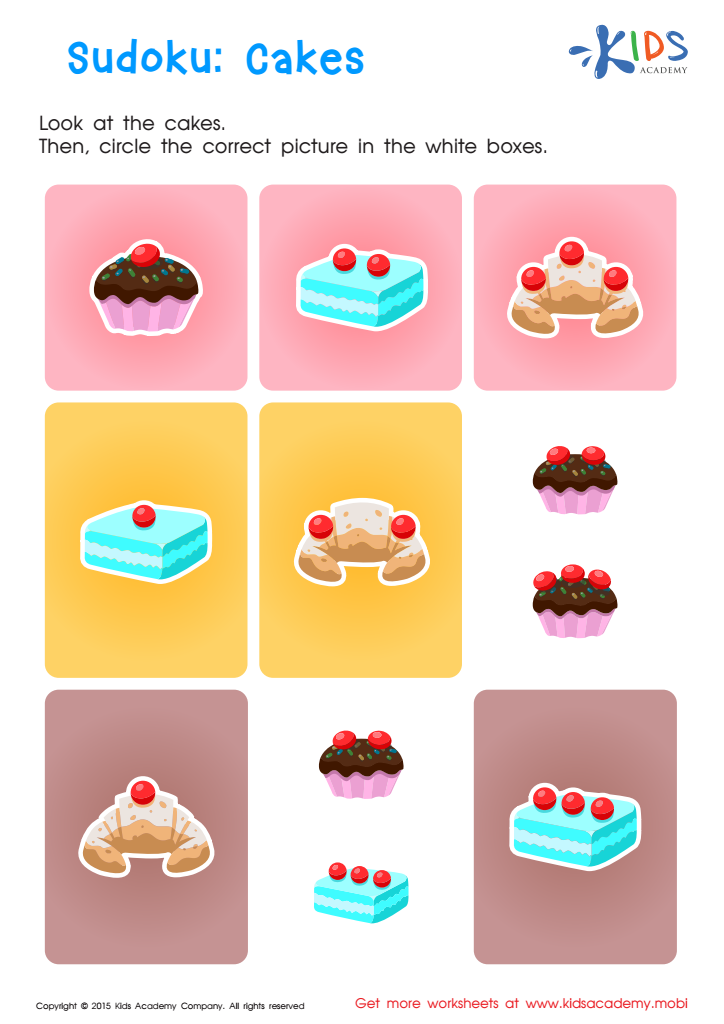

Sudoku Worksheet
Matching activities for ages 6-9 are essential tools for early childhood development, as they significantly enhance various cognitive skills. At this critical stage, children are honing their ability to recognize patterns, categorize information, and improve their memory. Engaging in matching activities helps strengthen these skills through fun and interactive gameplay. Moreover, such activities foster attention to detail, as children must carefully discern similar attributes.
Parents and teachers should care about these activities because they promote learning in a low-pressure environment, ensuring that children remain engaged and motivated. Matching games also encourage critical thinking and problem-solving abilities, as children often need to apply logic to find pairs or groups. Furthermore, these activities nurture social skills when done in pairs or groups, teaching cooperation, communication, and camaraderie.
Overall, incorporating matching activities into play and educational routines offers a multifaceted approach to learning, cultivating essential skills for academic success while providing enjoyable experiences. By supporting these activities, parents and teachers lay the foundation for lifelong learning habits, ensuring children are well-equipped for future challenges. In essence, matching activities provide a play-based pathway to significant developmental benefits for children aged 6 to 9, making them an invaluable resource for any educator or caregiver.

 Assign to My Students
Assign to My Students


